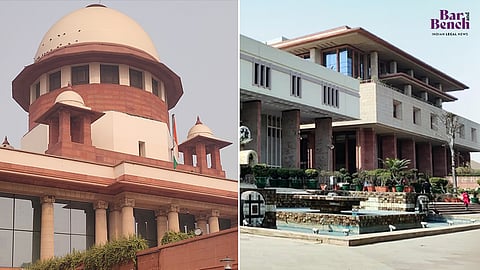The Delhi High Court on Friday upheld the administrative discretion of the Supreme Court in imposing a cut-off on marks obtained in the typing test for the post of Junior Court Assistant (JCA) [Pramit Basu v Secretary General Supreme Court of India].

